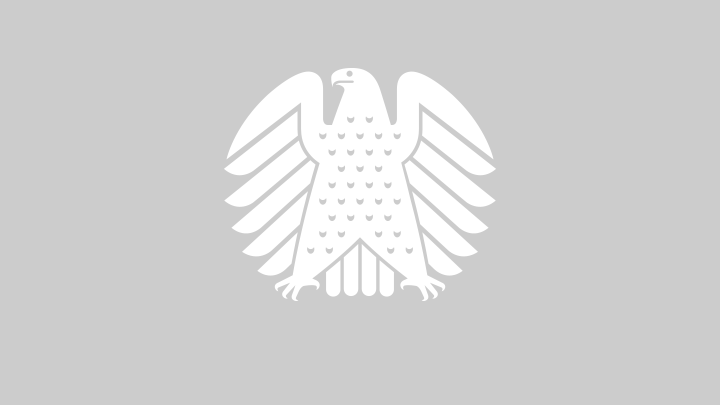SPD to become largest parliamentary group in the newly elected Bundestag

distribution of seats of the 20th electoral term (© German Bundestag)
The Social Democratic Party of Germany (SPD) will form the strongest parliamentary group in the newly elected German Bundestag. The party obtained 25.7 percent of the vote in the Bundestag election on Sunday, 26 September 2021 (2017: 20.5 percent). The Christian Democratic Union (CDU), which together with Bavaria’s Christian Social Union (CSU) previously represented the largest parliamentary group, won 18.9 percent (2017: 26.8 percent), while the CSU obtained 5.2 percent (2017: 6.2 percent). With a combined 24.1 percent of the vote, the CDU and CSU now form the second-largest parliamentary group in the new electoral term (2017: 32.9 percent).

Graph showing shares of the vote in the 20th electoral term (© German Bundestag)
Alliance 90/The Greens, formerly the smallest parliamentary group in parliament, was able to significantly increase its share of votes to 14.8 percent (2017: 8.9 percent). It is now the third largest parliamentary group, ahead of the Free Democratic Party (FDP) at 11.5 percent (2017: 10.7 percent). The Alternative for Germany (AfD), which entered the Bundestag for the first time in 2017 with 12.6 percent of second votes, is now only the fifth largest group in parliament with a 10.3 percent share of second votes.
The Left Party, which in 2017 was able to obtain 9.2 percent of second votes, is represented in the new Bundestag with 4.9 percent. The South Schleswig Voters' Association (SSW), the party of the Danish and Frisian minority in Germany, enters parliament with one seat. The votes won by the other 32 parties which had stood for election amounted to 8.6 percent of the total. These parties are not represented in parliament, as they received less than five percent of the vote.
There will be 736 Members of the new Bundestag. The SPD will have 206 seats, the CDU/CSU will have 197, while 118 seats go to Alliance 90/The Greens, 92 to the FDP, 82 to the AfD, 39 to the Left Party, and one seat to the SSW. There will also be one independent Member. Voter turnout was 76.6 percent (2017: 76.2 percent).